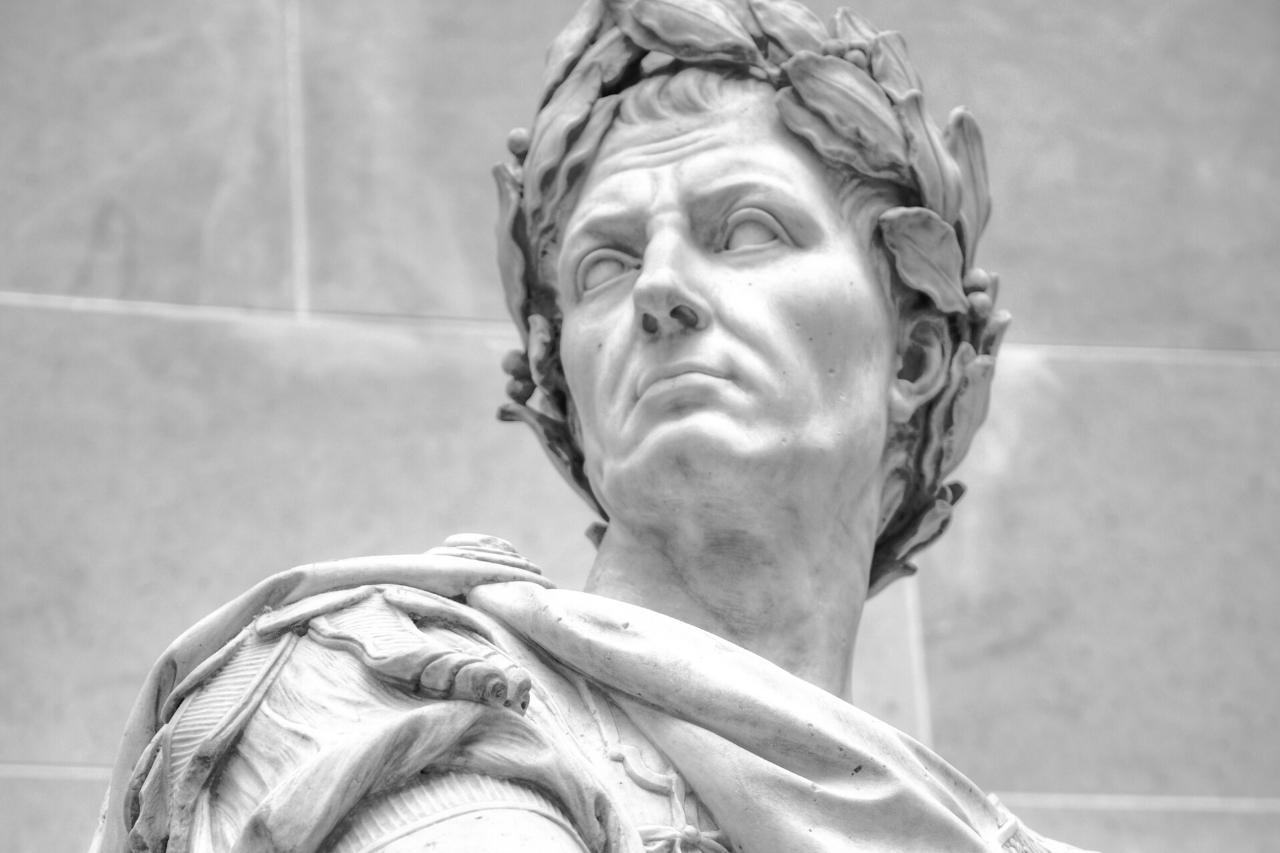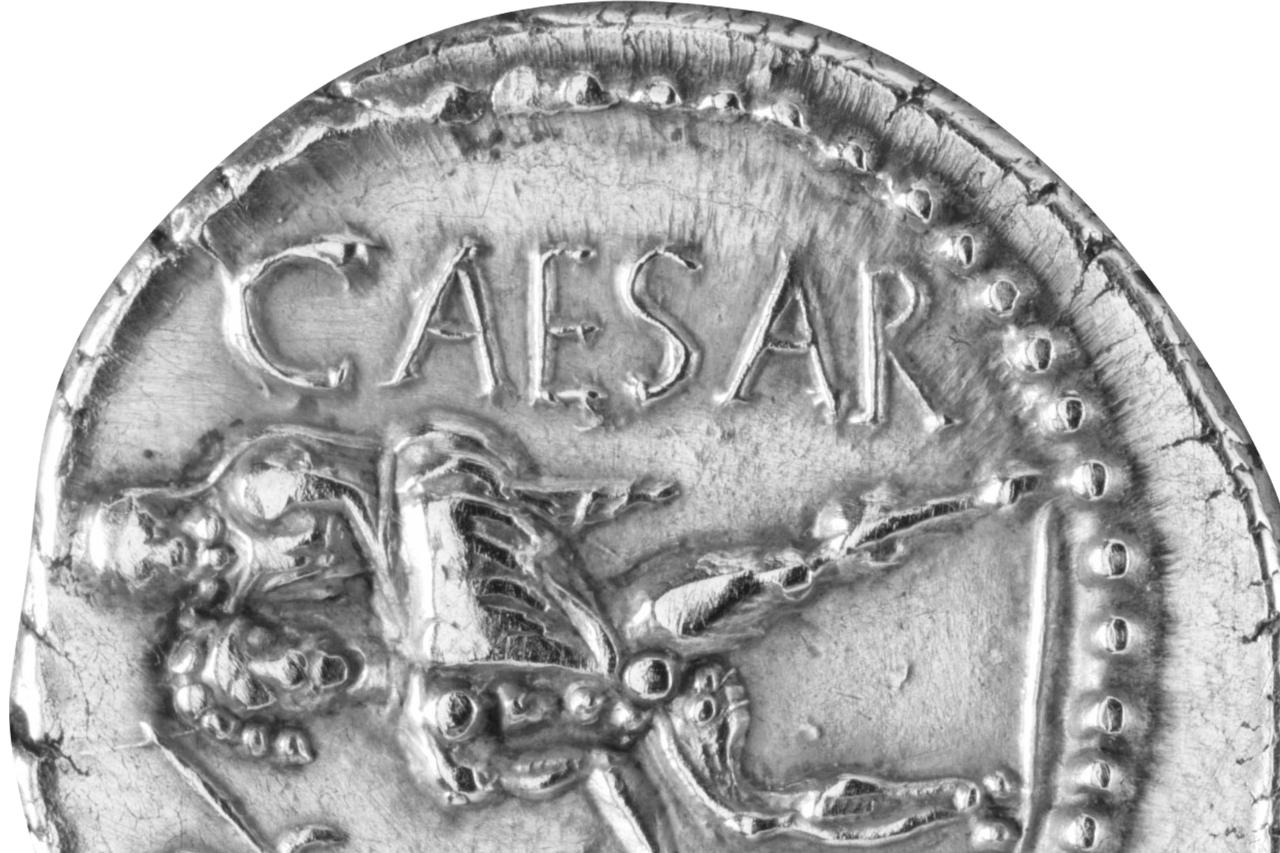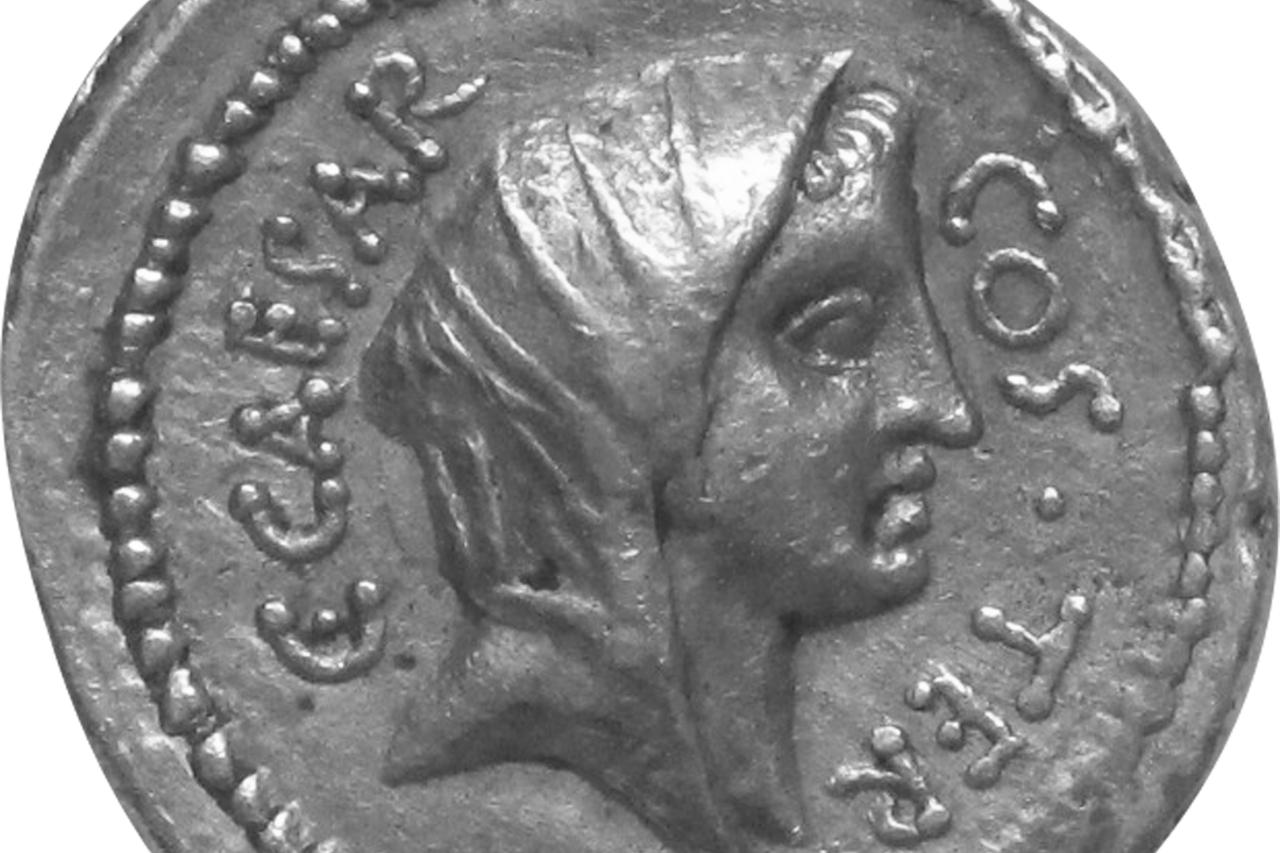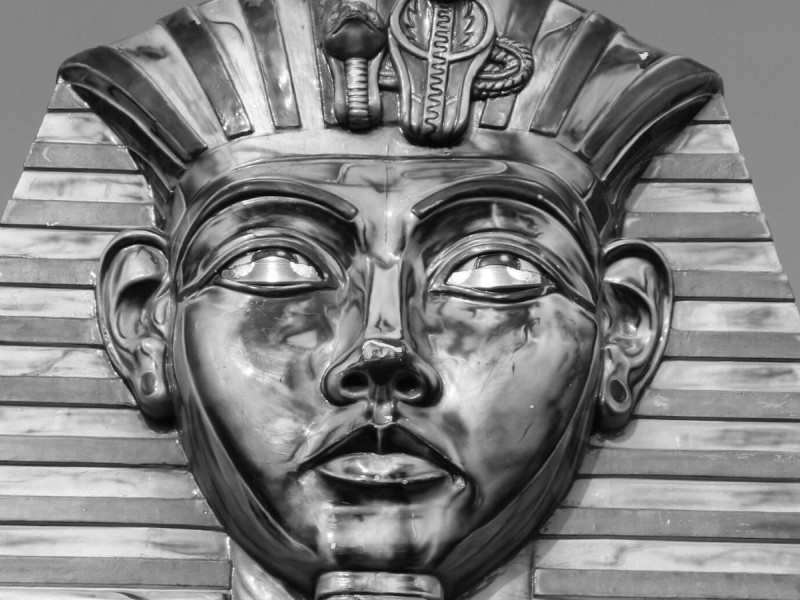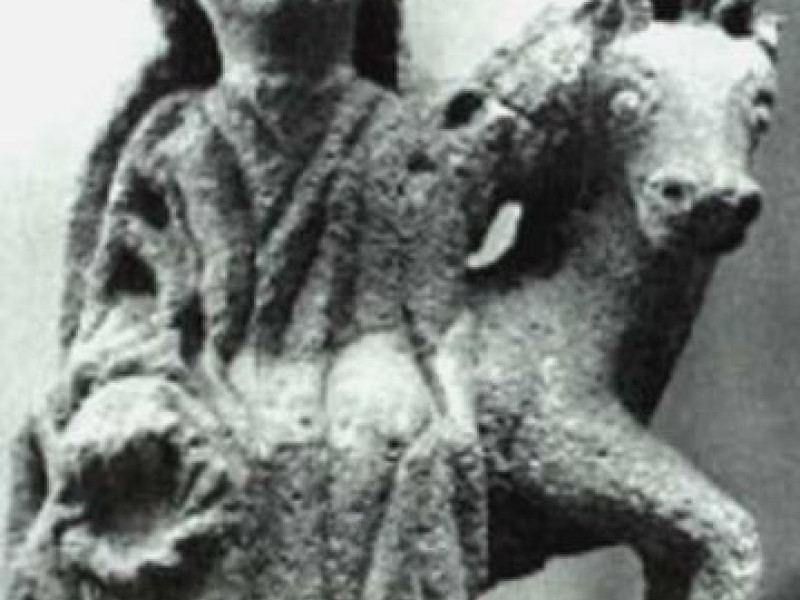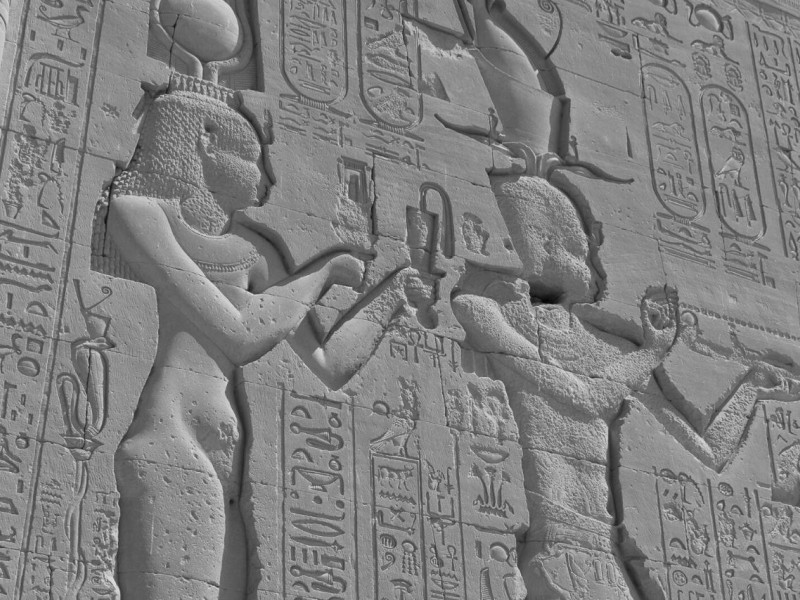Pronunciation of Caesar: What is the Truth about the Pronunciation of the name Caesar?
The pronunciation of the name of Caesar has been a complicated topic to fully grasp as we all have different languages, accents, and manners of speaking. Its pronunciation also depends on which language the speaker uses.
As we dive deeper into this article, let’s understand how “Caesar” is really pronounced and discover who the man Julius Caesar was that made this name so prominent.
What Is the Correct Pronunciation of Caesar?
Caesar is pronounced differently in the modern age. The name “Caesar” has undergone many transformations all throughout the centuries, and each of us pronounces it differently according to the language we speak. It is understandable that we are pronouncing it in non-identical ways this day as the name already has various meanings.
The funny thing is that no one really pointed out how Caesar is rightfully pronounced. However, there are several existing theories and online debates about the pronunciation of the name of Caesar that you can read about below.
What Is the Roman Caesar Pronunciation?
The transition between Old Latin and Classical Latin took place right between 100 and 44 BC when Julius Caesar lived. In classical Latin pronunciation, the word Caesar is pronounced as “`Kae.sar” as they had a hard “K” sound for the letter “C” and the “ae” diphthong sounds like “eye” so it would be pronounced as “Kaiser” or “Kuy-sahr” and “Guy-sahr.”
This theory may be the original pronunciation of the name Caesar, which eventually evolved as it was inherited and used by other countries, but again, this is just a theory.
In modern English, however, they pronounce Caesar sounded like “Seezer,” which came to them through the French version that sounds like “Cesar.” Meanwhile, Italians pronounce it as “Cesare,” which sounds like “Cheyzar.” It is pronounced “Kaiser” in the German language, while it is “Kaisar” in Byzantine Greek. In Russian, it is commonly pronounced as “Tsezar” but sometimes, “Kesar.”
Where Did the Word Caesar Originate From?
The word “Caesar” became a title of imperial character derived from the cognomen of Julius Caesar, the famous Roman dictator. This word was used by the Roman emperors from AD 68 until the fall of the Julio-Claudian Dynasty.
Sextus Julius Caesar, who is believed to be the common ancestor of all subsequent Julii Caesares, was the first known individual to bear the cognomen of “Caesar.”
He was the great grandfather of Gaius Julius Caesar.
Gaius Octavius, Julius’ adopted son and successor, also used the name “Caesar” during his reign.
To highlight his relationship with Julius Caesar, he titled himself “Gaius Julius Caesar Octavianus” or “Gaius Caesar” for others who simplified it, but he changed it again to “Imperator Caesar Augustus” after winning the civil war against his former alliance and assuming the throne.
The precedent was set when Octavius adopted a son, Tiberius, who ascended to the throne as his successor bearing the name of “Caesar” as “Tiberius Caesar Augustus.”
FAQ
Who Was Caesar in the Bible?
There were two Caesars mentioned in the Bible. Caesar Augustus or Gaius Octavius himself, the adopted son and successor of Julius Caesar, was mentioned at the birth of Jesus Christ and Tiberius Caesar at the beginning of His public ministry.
Caesar Augustus was the first Roman Emperor and ruler when Jesus Christ was born. He ruled from 27 BC to AD 14 and refused to be called a dictator. He is mentioned in the Gospel of Luke 2:1, which can be found in the New Testament. In the Bible, he ordered a census taken of the entire Roman territory for an oath of loyalty. Caesar Augustus’ decree unknowingly would fulfill a biblical prophecy made 600 years before he was born.
The prophet Micah wrote: “But as for you, Bethlehem Ephrathah, too little to be among the clans of Judah, from you one will go forth for me to be ruler in Israel. His goings forth are from long ago, from the days of eternity.” This verse can be found in the Book of Micah 5:2.
The prophecy regarding the city of the Messiah’s birth was fulfilled by the birth of Jesus Christ. This prophecy had been criticized by critics of the Bible, saying that Rome never ordered its residents to return to their ancestral homelands to be able to register for the census, but the discovery of a Roman census mandate from AD 104 showed that those who want to be enrolled must return to their homelands.
Who Was Julius Caesar?
Julius Caesar or Gaius Julius Caesar was born on the 12th of July, 100 BC into the gens Julia, one of the most ancient patrician families in ancient Rome. His father, also named Gaius Julius Caesar, governed the province of Asia, and his mother, Aurelia, came from an influential family.
After the death of his father in 85 BC, Julius Caesar became the head of their family at the age of 16. He was nominated as the flamen Dialis or the high priest of Jupiter during the time his uncle Gaius Marius and his ally Lucius Cornelius Cinna were in control of the city. Julius Caesar was married to Cornelia, the daughter of Cinna.
Julius Caesar soon lost his priesthood when Lucius Cornelius Sulla, his uncle’s rival, won control over the city. Julius Caesar was also stripped of his inheritance and his wife’s dowry. As a result of these circumstances, he pursued a military career. He joined the army and left Rome. He served under Marcus Minucius Thermus in Asia and Servilius Isauricus in Cilicia where he won the Civic Crown for taking part in the Siege of Mytilene.
In 80 BC, Julius Caesar went to Bithynia for a mission to secure the assistance of King Nicomedes IV, where he was accused to have been sexually engaged with the latter. Julius Caesar denied this rumor for the rest of his life. In 78 BC, Julius Caesar returned to Rome after hearing of Sulla’s death.
Rise in Power
During his 40s, Julius Caesar peaked in terms of his political career. In 59 BC, Caesar was elected as a consul. In 60 BC, he formed the First Triumvirate together with Crassus, one of the richest men in Rome, and Pompey, a noted general and statesman. The First Triumvirate was an alliance that dominated Roman politics for several years.
Julius Caesar led the Gallic Wars, which were completed by 51 BC and greatly extended Roman territory. He also conquered Britain and built a bridge across the Rhine River. These achievements threatened Pompey, who after the death of Crassus in 53 BC, had realigned himself with the Senate.
Caesar defeated his political rival, Pompey. In 49 BC, Caesar crossed the Rubicon River into Italy together with his army and declared a civil war against Pompey and his troops. Julius Caesar defeated Pompey at Pharsalus in 48 BC. Pompey went to Egypt but was immediately killed as he came ashore. Pompey was betrayed by his loyalists in North Africa as Julius Caesar pursued them. He also pursued Queen Cleopatra politically and romantically; they had a son together named Caesarion.
Becoming a Dictator
Julius Caesar returned to Rome in 46 BC. He rose to become one of the most powerful politicians in the Roman Republic. He made this enormous transformation in Rome by making it an empire from being a republic. He declared himself dictator in 45 BC when a group of conspirators led by Brutus, a supporter of Pompey, plotted against him. In March 44 BC, Caesar was assassinated and stabbed 23 times, which led to his death.
After his death, Octavian, Caesar’s designated heir, outlived his conspirators and became the first Roman emperor. To commemorate Caesar’s death, the Senate granted him the title Divine Julius and made him the first historical Roman to be deified.
How Common Is the Last Name Caesar?
The cognomen or surname “Caesar” has been popular and scattered all throughout the world. It is ranked 21,757th among the most common surnames on a global basis. There are approximately 24,991 people who bear this surname, or one in 291,607 people. This is most prevalent in the country of Ghana in Africa, where 29 percent can be found in Atlantic-Niger Africa and 48 percent are found in West Africa.
The surname Caesar also has the highest density in Saint Helena, Ascension, and Tristan da Cunha. It can also be found in the country of the United States and Sudan. The name “Caesar” is also used as the first name. It is the 41,666th most commonly used first name on Earth. There are approximately 17,491 individuals bearing this name.
The popularity of the name “Caesar” has shifted over time. Between 1880 and 2014, the number of individuals who bear the surname Caesar swelled by 1,699 percent in The United States, with 438 percent in England, 156 percent in Wales, and 200 percent in Scotland 1881 and 2014. Meanwhile, in Ireland, it expanded by 200 percent between 1901 and 2014.
Conclusion
Learning about the pronunciation of a certain word is very intricate and interesting because each language we speak wonderfully transforms over time. This word carries significant meaning in history, apart from being an iconic person that was Julius Caesar.
“Caesar” is an ancient Roman word.
“Caesar” was used as the title of Roman emperors.
Romans pronounced the word Caesar as “`Kae̯.sar.”
Julius Caesar was a Roman dictator who turned the Roman Republic into the Roman Empire.
Julius Caesar forged the First Triumvirate.
However, as we ponder on the deeper meaning of our differences, we become more tolerant, open-minded, and accepting of others.
